Delegates play a crucial role in enhancing flexibility and extensibility in C# programming. They are an essential feature that allows developers to treat methods as first-class citizens and create powerful abstractions. Programmers must understand the concept of c# delegates and their significance in building modular and loosely-coupled applications.
With regards to that we will delve into what these delegates are, their working mechanisms, and some practical implications to solidify our understanding. So, let’s write down this article and explore what you need to know about What Are Delegates in C#? Explore the Best Medium for Flexible Programming!
What are Delegates in C#?
A delegate in C# is a type-safe function pointer referencing a method. It allows you to treat methods as objects, passing them as arguments, storing them in variables, and invoking them dynamically at runtime. Delegates serve as a powerful mechanism for implementing callbacks, event handling, and building extensible frameworks.
Delegates provide a level of indirection between the invoker and the target method. This indirection allows you to decouple the caller and the implementation, promoting loose coupling and modular design. These delegates in c# help in writing maintainable, reusable, and testable codes.
Defining and Using Delegates
To define a delegate in C#, you need to specify the delegate signature, which includes the return type and parameters of the methods it can reference. Once you have defined a delegate, you can create instances of that delegate and assign them to compatible methods. This assignment creates a strong connection between the delegate and the target method.
Illustrating The Usage of Delegates
Suppose we have a program that needs to perform various mathematical operations on a given number. Instead of hardcoding the operations within the program, we can define a delegate called “MathOperationDelegate” with the signature int MathOperation(int). This delegate can reference different methods that perform specific mathematical operations such as addition, subtraction, multiplication, or division.
By using the “MathOperationDelegate” delegate, we can pass the desired operation as an argument to a higher-level method, allowing the flexibility to switch between different operations without modifying the core logic. This approach promotes code reusability and extensibility, as new operations can be added by simply implementing a method with the same signature and assigning it to the delegate.
Event Handling with Delegates
Another effective use of delegates in C# is for event handling. Events enable communication between objects, and delegates provide the mechanism to subscribe to and invoke these events. In C#, events are essentially a particular type of multicast delegate, allowing multiple event handlers to be associated with a single event.
Example
Let’s say we have a “Button” class that raises an “OnClick” event whenever it is clicked. We can define a delegate called “ClickEventHandler” with the signature void ClickEventHandler(object sender, EventArgs e). This delegate represents the event handler method that will be executed when the button is clicked. Multiple methods can be subscribed to the “OnClick” event, and when the button is clicked, all the associated event handlers will be invoked.
C#: What is a Delegate in The Real-World Programming?
Now that we have a solid understanding of what delegates are and how they work, let’s explore some real-world examples of how delegates are used in C#.
LINQ (Language Integrated Query)
Delegates are extensively used in LINQ to enable querying and manipulating collections of objects. The “Where” method in LINQ, for instance, takes a delegate representing a predicate that defines the filtering criteria. This delegate is used to determine whether an element should be included in the result set. By providing different predicates, we can perform various filtering operations on collections.
Asynchronous Programming
Delegates play a crucial role in asynchronous programming models, such as the “BeginInvoke” and “EndInvoke” methods. These methods allow you to execute a method asynchronously and retrieve the result when it’s available. Delegates provide a convenient way to pass the callback method that should be invoked when the asynchronous operation completes.
C# Delegate Examples
In this example, we have a Calculator class that contains a method called Add, which performs a time-consuming operation (simulated by Thread. Sleep(2000)).
We define a delegate called LongRunningOperationDelegate that matches the signature of the Add method. The Main method requires the creation of an example of the Calculator class after which we will assign an Add method to the LongRunningOperationDelegate. We then start the operation asynchronously using the BeginInvoke method, passing the arguments 10 and 20.
The BeginInvoke method returns an IAsyncResult object, which represents the ongoing asynchronous operation. While the operation is running asynchronously, we can perform other tasks in our program. Once we need the result, we wait for the operation to complete by calling the EndInvoke method on the delegate and passing the IAsyncResult object.
This method blocks until the operation finishes and returns the result. In the final stage, the result will be printed on the console. By using delegates and the BeginInvoke and EndInvoke methods, we can execute time-consuming operations asynchronously, allowing our program to continue performing other tasks without waiting for the operation to complete. This can improve the responsiveness and efficiency of our application, especially in scenarios where there are long-running computations or external operations involved.
Multithreading
Multithreaded scenarios use delegates extensively to execute methods concurrently. The “Thread” class in C# accepts a delegate representing the method to be executed on a separate thread. This enables parallel execution of different program parts, improving performance and responsiveness.
Event-driven Programming
Delegates are the foundation of event-driven programming in C#. They enable communication between different components of an application by allowing objects to subscribe to and handle events. This paradigm is extensively used in user interfaces, where user actions trigger events handled by specific event handlers.
Take A Lead Towards Flexible Programming!
C# Delegates are a powerful feature that allows developers to treat methods as first-class citizens. They provide a flexible and extensible approach to building modular and loosely-coupled applications. They are used in various scenarios, including event handling, LINQ, asynchronous programming, and multithreading.
Understanding delegates and their applications empowers developers to create robust and flexible software solutions in C#. So, the next time you encounter a situation where you need to decouple invokers and methods or implement event-driven functionality, consider leveraging the power of delegates in C#.
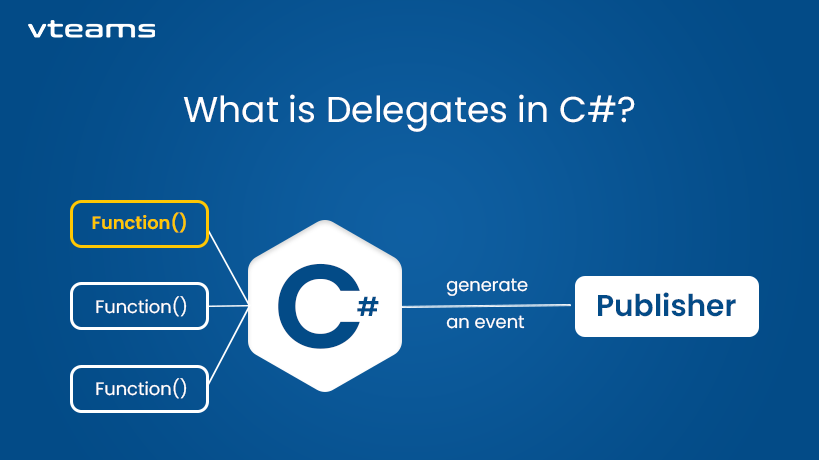



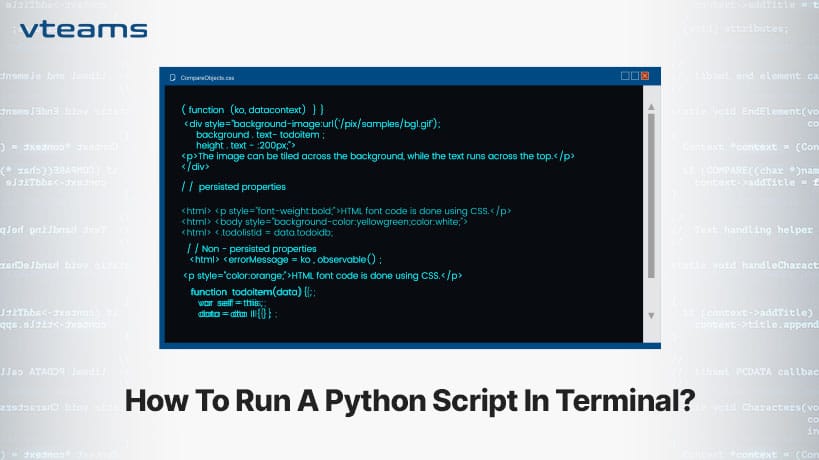





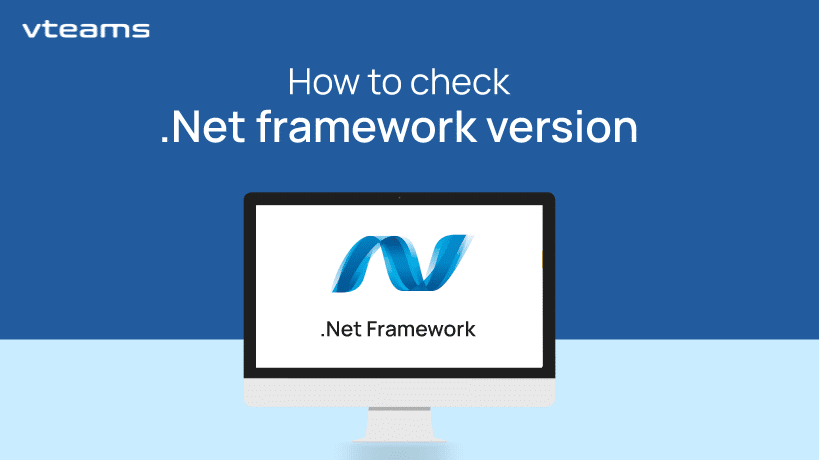

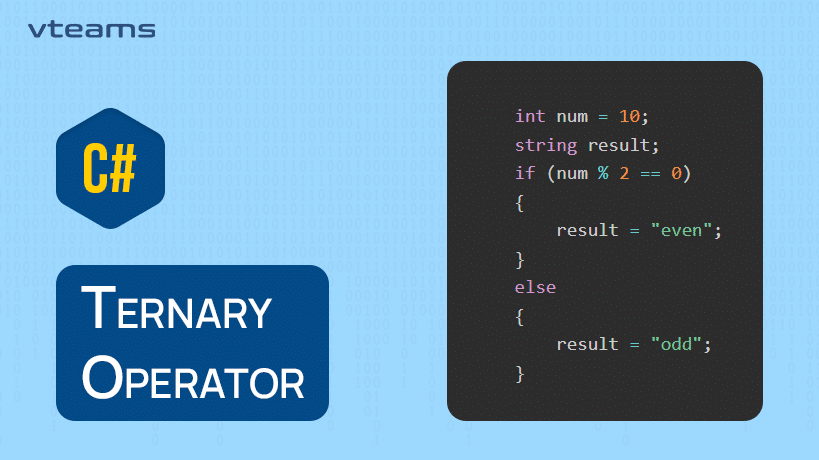
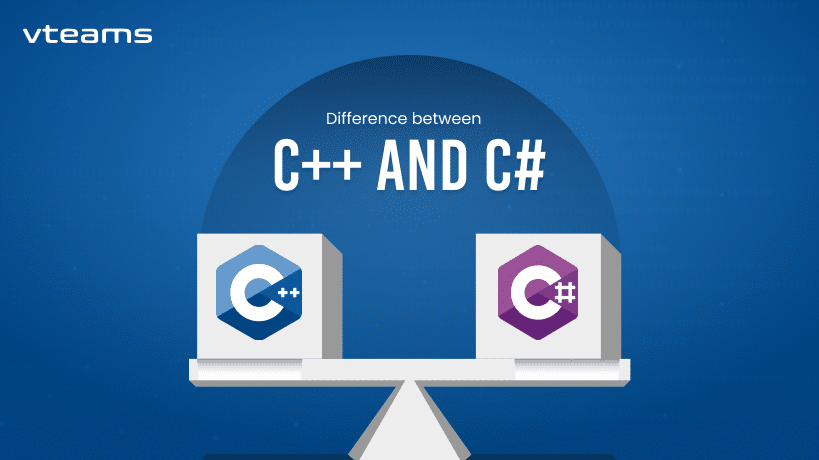
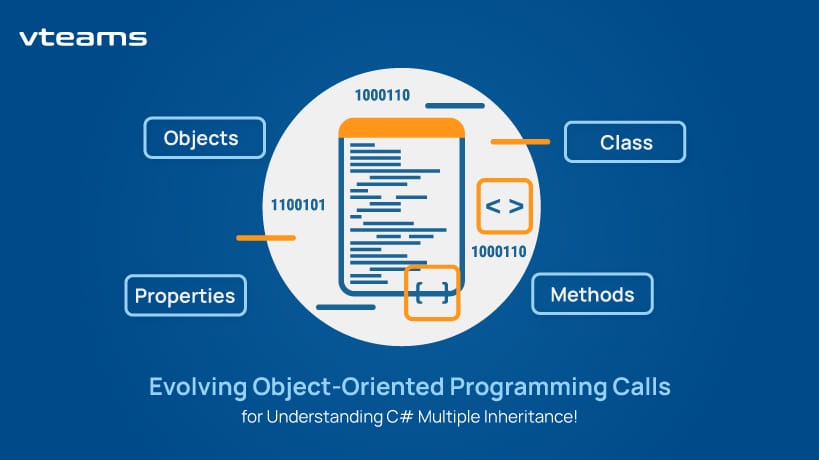
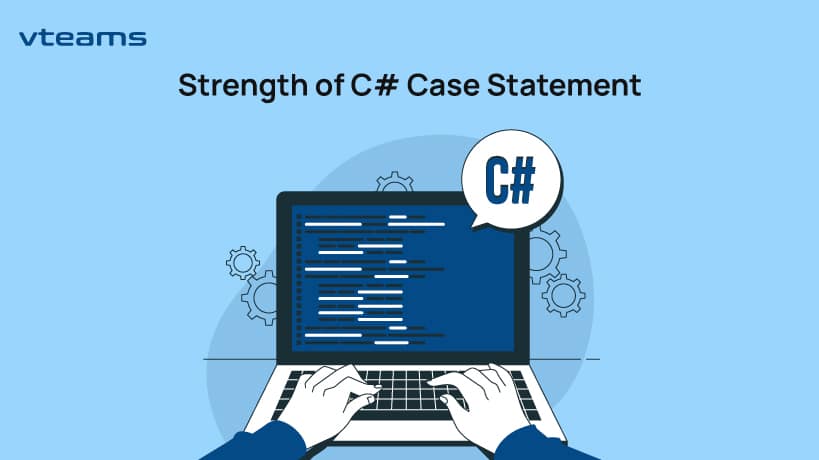
0 Comments